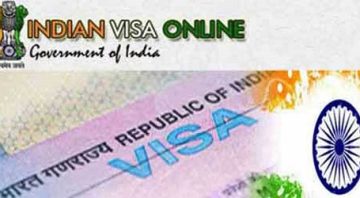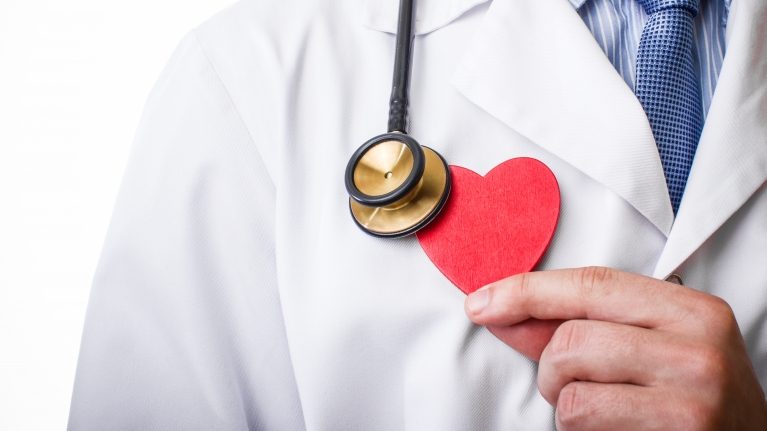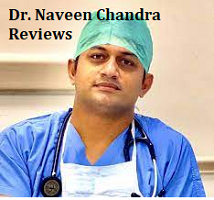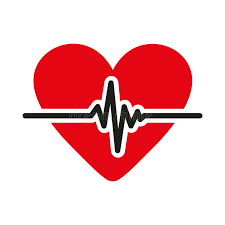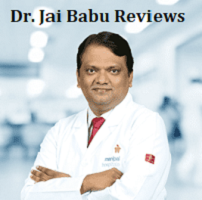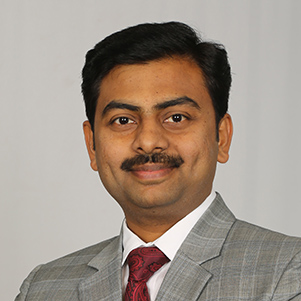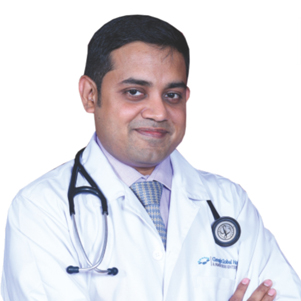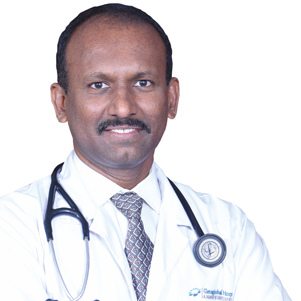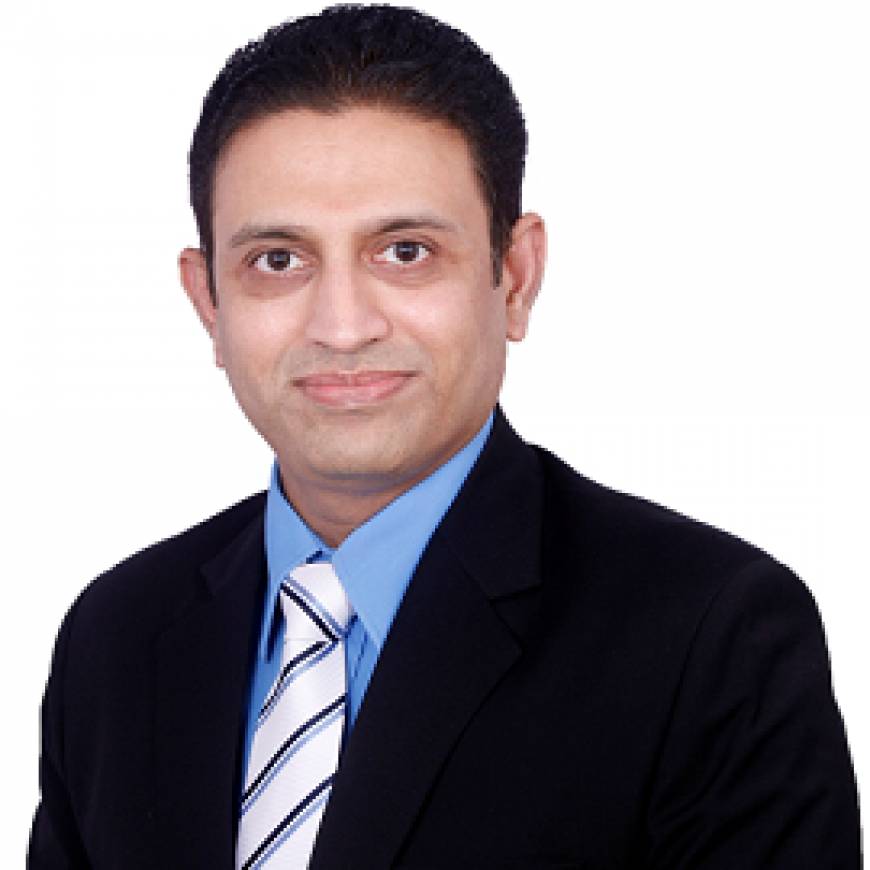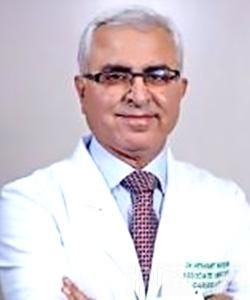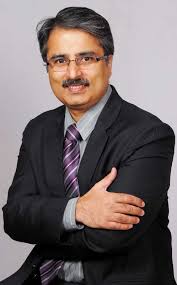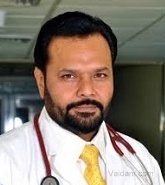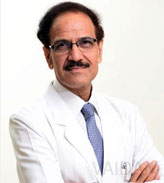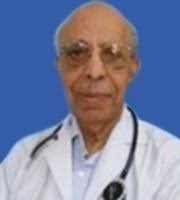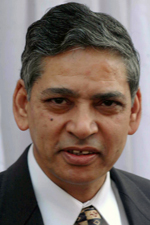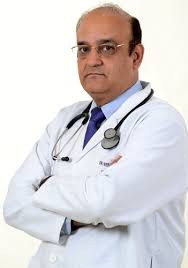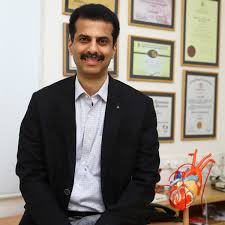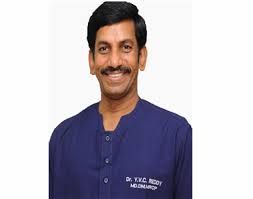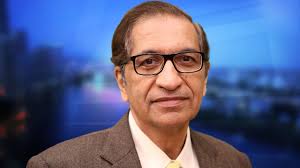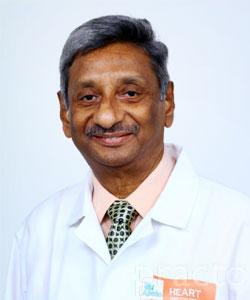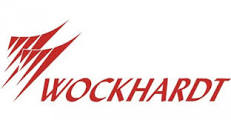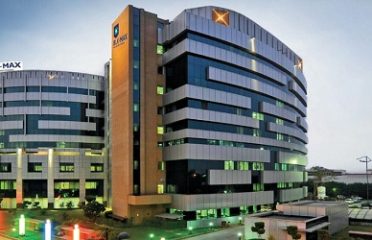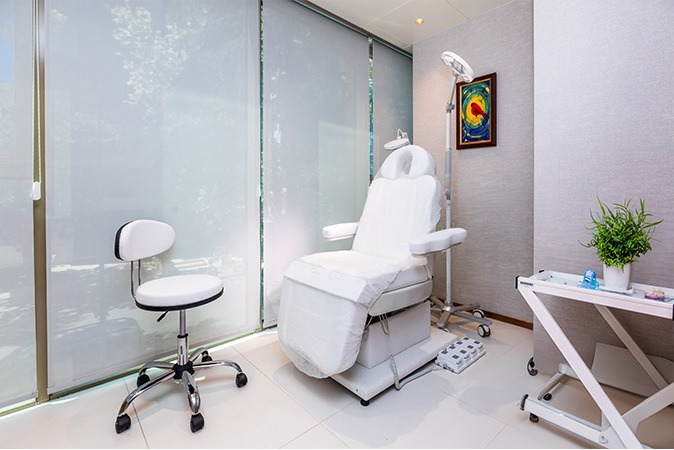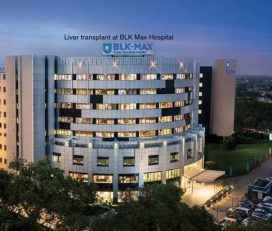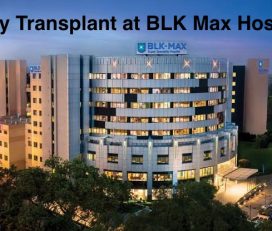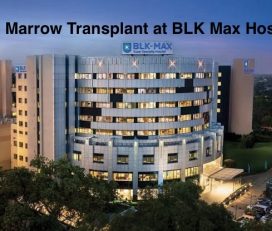What is Cardiology?
Cardiology is an internal medicine branch. A cardiologist is not exactly the same as a heart surgeon. The cardiac surgeon opens the chest and performs cardiac surgery.
A cardiologist specializes in the diagnosis and treatment of cardiovascular disease. The cardiologist will conduct examinations and can perform such procedures, such as cardiac catheterization, angioplasty, or the insertion of a pacemaker.
When would you see cardiology?
If your general physician suspects that you may have major heart disease or a similar condition, he or she may also call a cardiologist for help. Symptoms such as shortness of breath, chest pain, or dizziness also need special testing.
Often heart murmurs or ECG variations need to be evaluated by a cardiologist.
Cardiologists are helping people with heart disease to return to complete and useful life and advising patients on the dangers and prevention of heart disease.
Cardiologists are also interested in the prevention of cardiac attacks, heart failure, and severe heart rhythm irregularities.
They need their skills and training if procedures such as cardiac catheterization, balloon angioplasty, or cardiac surgery are decided.
Why India for Cardiology?
Cardiovascular disease is now India’s leading cause of death. Almost a fifth of all death is because of CVD. Coronary artery disease and stroke handle >80% of CVD deaths. The age-standardized CVD death rate in India is 272/1 00 000, far higher than the global population rate of 235/1 00 000.
Premature mortality (years of life lost because of CVD) in India has increased by 59% over the last 20 years. Certain aspects of CVD in India are of great concern—early onset and rapid progression and acute case fatality rates. We estimate that 62 million people in India have some kind of CVD compared to 36 million just 10 years ago! It should constrain this unwavering growth of CVD in India as a priority by preventive measures and the best use of resources to treat millions of people with CVD. At the moment, there is no end in sight to the burning CVD epidemic in India.
What does a cardiologist do?
Whether the cardiologist sees you in the office or in the hospital, he or she may examine your medical history and conduct a physical examination, which may involve examining your blood pressure, weight, pulse, lungs, and blood vessels.
Your symptoms and doctor’s results may be diagnosed with any conditions when you are tested. Additional tests, such as an ECG, an X-ray or a blood test may be needed.
Other issues would take more advanced research. Your cardiologist can prescribe improvements to your lifestyle or medication. The case of each patient is exceptional.
Top 10 Cardiology Surgeons in India?
As you know, heart disease cannot be taken lightly as your life is at risk, so finding the right heart doctor is very important to you. Cardiac procedures are complex medical procedures since they are conducted in one of the most essential organs in our body. Choosing the right heart specialist for yourself has therefore become extremely important. A professional and qualified doctor can make a difference in improving the health of your heart. So, here’s an article that will provide you with details about the career profiles of the best cardiologists and best cardiothoracic surgeons in India to help you make the right choice for yourself or your loved ones.
Dr. Devi Prasad Shetty. Cardio-Thoracic Surgeon. …
Dr. Ashok Seth. cardiologists. …
Dr. Ajay Kaul. Cardiac Surgeon. …
Dr. Sandeep Attawar. cardiologists. …
Dr. Y K Mishra. Cardiac Surgeon. …
Dr. K.K. Talwar. …
Dr. Nandkishore Kapadia. Cardio-Thoracic Surgeon. …
Dr. Srinath Vijayasekharan. Cardiac Surgeon.
Dr. R Anil Kumar
Dr. Sajan Koshy
Top 10 Cardiology Hospitals in India
Heart problems remain one of the prevalent health-related issues of our day, affecting people of all ages. While many are born with heart defects because of biology and inherited causes, thousands fall victim to other cardiac problems because of environmental factors such as sedentary lifestyle, unsanitary eating habits, pollution, and stress. The best hospitals in India are.
Fortis Escorts Heart Institute
Medanta-The Medicity
Apollo Hospitals,
Indraprastha Apollo Hospital
Kokilaben Dhirubhai Ambani Hospital
Narayana Multispeciality Hospital
Fortis Memorial Research Institute
BLK Super Speciality Hospital
Artemis Hospital,
Global Hospitals
Top 10 common surgeries in India
Heart Valve Repairs– Valve repair or replacement, they perform surgery to correct complications caused by one or more heart valves. If your heart valve(s) is impaired or diseased, you could have the following symptoms: Dizziness, man. Chest pain, man. Difficulty breathing.
Ablation – Ablation is the removal or destruction of material from the target by spraying, chipping, or other erosive methods.
Coronary Artery Bypass Grafting – Coronary artery bypass surgery, also known as coronary artery bypass graft surgery, and colloquially bypass or bypass surgery, is a surgical procedure to restore natural blood flow to the obstructed coronary artery.
Heart Valve Replacement-Valve replacement surgery is the replacement of one or more heart valves with either an artificial heart valve or a bioprosthesis. It’s an alternative to repairing the valve.
Coronary Angiogram – Coronary angiogram is a technique that uses X-ray imaging to see the blood vessels in your heart. They usually perform the examination to see whether there is a limit on blood flow to the heart. Coronary angiograms are part of a general category of procedures known as cardiac (heart) catheterizations.
Patent ductus arteriosus Device Closure – transcatheter PDA closure is a minimally invasive (non-surgical) technique to close the ductus arteriosus. Specialized heart doctors called pediatric cardiac interventionists to use a technique called cardiac catheterization to insert a small device in a vessel that closes the PDA.
Peripheral Angioplasty – Peripheral angioplasty and stents open a narrowed or blocked artery in your extremities, such as your arms or legs.
PDA Closures – Small PDAs frequently close on their own in the first few months of their lives. Most children may have a PDA closed by inserting catheters (long thin tubes) into the blood vessels in the leg to enter the heart and the PDA, and a coil or other device can be inserted into the PDA like a plug into the catheters.
Pacemaker Implantation – The pacemaker insertion is the implantation of a small electronic device that is normally inserted in the chest (just below the collarbone) to help control sluggish electrical issues with the heart. We can advise a pacemaker to ensure that the heartbeat does not slow to a dangerously low rate.
IVC Filters – The inferior vena cava filter is a form of vascular filter, a medical device that is inserted into the inferior vena cava by vascular surgeons or interventional radiologists to prevent life-threatening pulmonary embolism. We well know their efficacy and safety profile.
